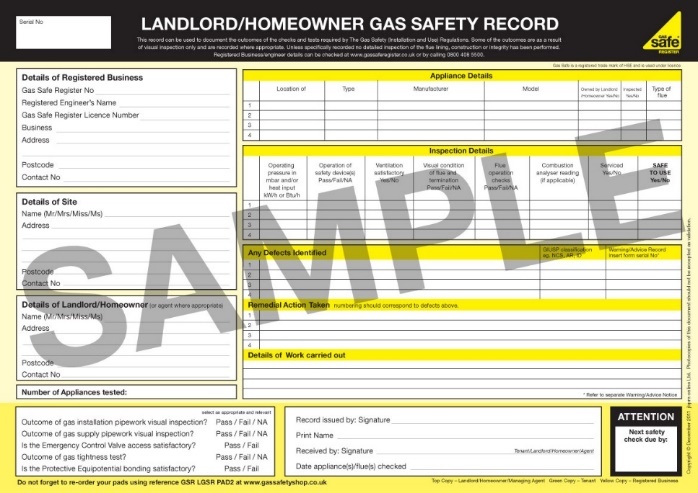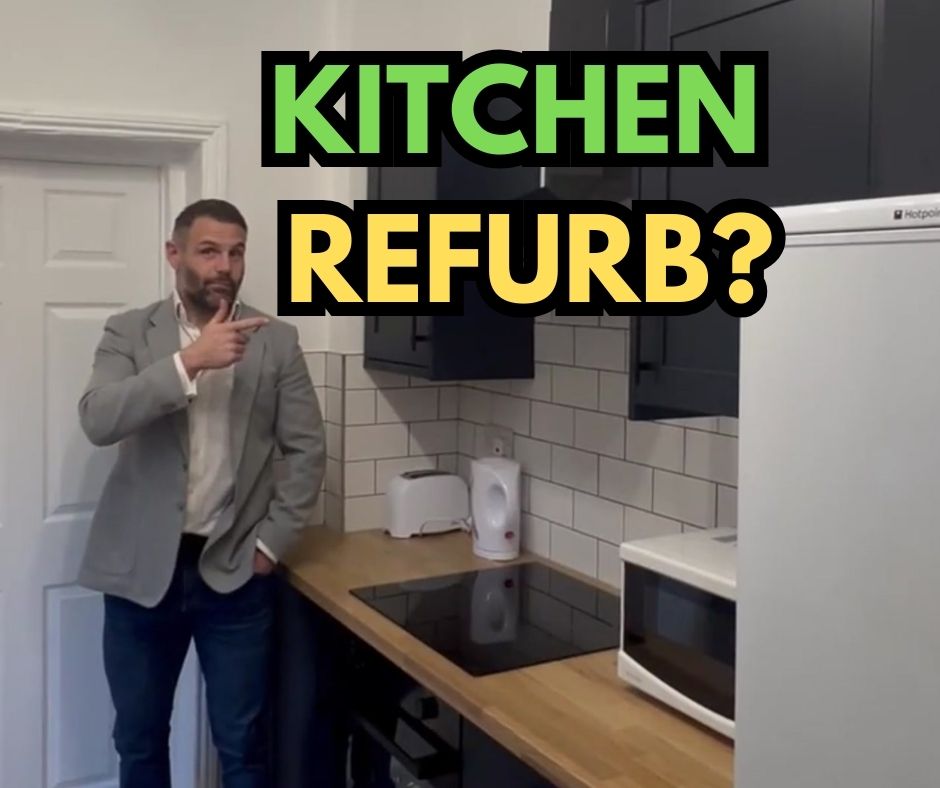The gas safety certificate law here in the UK is part of a set of rules called the Gas Safety (Installation and Use) Regulations...
The gas safety certificate law here in the UK is part of a set of rules called the Gas Safety (Installation and Use) Regulations 1998. These rules cover all aspects of using and fitting gas appliances in homes and business, including who can work on gas, how it should be metered and what maintenance should be carried out.
The gas safety certificate itself is also called a CP12. If you’re unsure of what your legal requirements are around this legislation, and how it applies to your property, here’s what you need to know.
The gas safety certificate law explained
A gas safety certificate is a document that confirms that appliances have been tested for safety as part of a gas safety inspection. Here in the UK, it is the law that all landlords have their gas appliances inspected annually to ensure they are safe and working properly.
Gas safety certificate law covers anyone who lets out all or part of a property for money.
You don’t have to be a landlord to get a gas safety check. Anyone can ask a Gas Safe engineer to come to their home and carry out a check to give them peace of mind that their home and appliances are safe. However, under gas safety certificate law, your engineer will probably not provide you with a CP12 unless specifically requested.
What to expect from your CP12 certificate
To be legal and valid, your CP12 certificate should contain the following information:
- Your (the landlord’s) name and address, or potentially the name and address of your managing agent if they are dealing with this process
- The correct address of the property that the gas safety certificate is for
- The date that the inspection was carried out
- A description of each appliance and flue inspected, as well as details of their location in the property
- Details of any defects identified and the actions that have been taken to rectify them
- Confirmation that appliances are working correctly and that they are safe
- The name, signature and Gas Safe number of the person who did the CP12 inspection
- A reminder date for your next inspection
- Before your gas engineer leaves the premises, do check your CP12 certificate contains all this information clearly and accurately, as it could invalidate your gas safety certificate status if it is not properly filed in.

What is required to get a gas safety certificate?
The idea of the gas safety certificate is to ensure your tenants are in a safe and healthy environment while they are in your property. The CP12 check is designed to highlight any issues with the gas appliances or supply to the building, so that they can be attended to before they become a hazard.
In order to get a gas safety certificate, your appliances must be inspected by a Gas Safe registered engineer under the gas safety certificate law.

The engineer will check any gas appliances in the building, including heaters, cookers and boilers. They will check for gas tightness, pressure, ventilation and safety cut outs, as well as making sure all flues are safe and free from blockages.
If any appliances fail the gas safety check, you will need to have the issue fixed before your CP12 certificate can be issued. If an appliance is dangerous, the engineer will ‘condemn’ it by placing a warning sticker on the appliance and disconnecting the gas supply. This appliance will need to be removed and replaced.
If everything passes the inspection, your engineer will provide your CP12 immediately. If you are not at the property during the inspection, they may send it to you in the post. You must provide a gas safe certificate copy to your tenants within 28 days of the inspection.
No gas safety certificate – the penalty
If you fail to get your gas safety certificate done in time, you could be risking a large fine and potentially imprisonment.
The ‘standard’ penalty is a fine of £6,000 per item and / or six months in prison. That means that if you have a typical rented home with a gas boiler, gas cooker and one gas fire, you would be fined for three items, so 3 x £6,000 which equals £18,000.
Aside of this, for all the time your property is without a gas safety certificate, your buildings insurance is likely to be invalid, so your investment is unprotected against fire, flood and other disasters. All in all, it’s just not worth the risk of encountering any of these no gas safety certificate penalty possibilities, so just pay the fee and get it done.
Unlike most letting agents at NGU we have an in-house plumber he is qualified to perform annual gas checks, this ensures your property will be compliant each year and you don’t have the risk of getting fined or at worst a prison sentence.
If you would like more information about this subject, don’t hesitate to contact us.



 posted by
posted by 


Share this with
Email
Facebook
Messenger
Twitter
Pinterest
LinkedIn
Copy this link